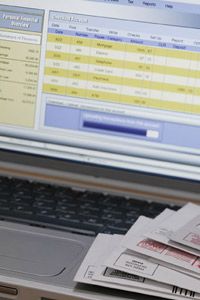So, you want to quit working? Retire early, get a little beach house in the Florida Keys and spend your golden years drinking out of a pineapple and watching your grandchildren run around in the sun?
It's not impossible. But the thing about retirement planning is that the earlier you begin, the better off you'll be. Ultimately, the consequences of failing to plan for retirement can be dire. As the baby boomers and Gen-Xers age, Social Security will be able to handle only so much of the financial burden for retirees. And while it's fun to imagine that you'll be able to make out like a bandit some day with that crazy, million-dollar electric pants idea you've been kicking around, the only reliable way to plan for retirement is to start saving. Right now. Get started managing your retirement when you're 25, and you could be opening up a can of beluga caviar on your 70th birthday. Get started when you're 50, and it could be a can of cat food.
Advertisement
Fortunately, we have at our disposal a resource that our parents and grandparents didn't: the Internet. Along with being a great way to develop support networks, do research and get financial advice, the Internet has revolutionized banking and personal finance in ways that were impossible as few as 15 years ago, making planning for retirement literally as easy as pressing a button. (OK, maybe not just one button -- you'll probably need the whole keyboard.)
In this article, we'll learn a few tips about how online banking can help manage a retirement fund, and we'll also dispel some concerns you may have about managing money in an online account. Up next, we'll discuss the many benefits of online banking and reveal one of the most difficult hurdles to planning for retirement.
Advertisement


